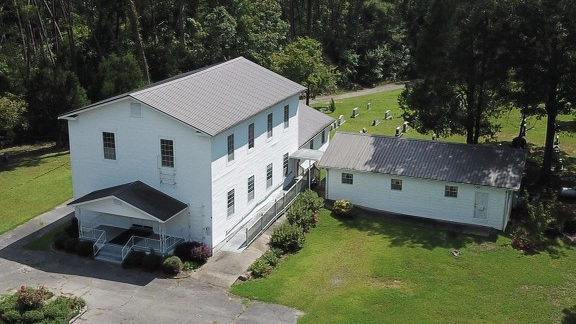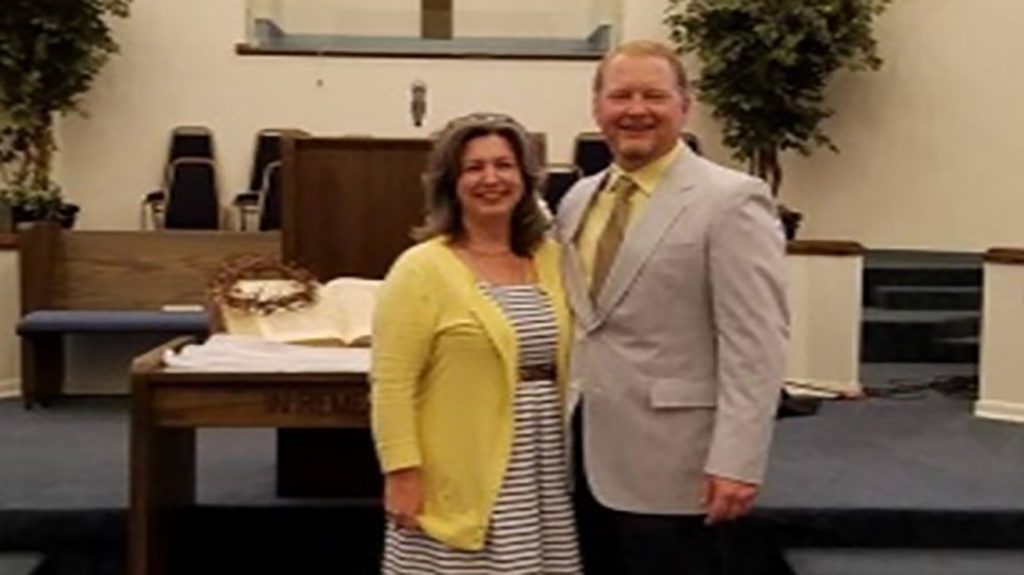“Is there any hope here?”
That’s the question members of Mud Creek Baptist Church in Adger asked recently, along with David Hobson and other Baptist leaders in their area.
“This church is our history,” said Hobson, director of missions for Mud Creek Baptist Association, which was founded at the church about 150 years ago in partnership with other local congregations.
When the church started the association, it knew it wanted to be part of a mission bigger than itself, Hobson said.
And now he and the association are returning the favor and trying to help get something started again at the little church that has dwindled to around six people with no church staff.
‘There is hope’
On Oct. 2, Union Hill Baptist Church in Rock Creek began a fostering relationship with Mud Creek Baptist Church for three months. Pastor Mike Stevens or associate pastor Justin Salter will preach there at 8:30 a.m. before the 10:30 service at Union Hill, and someone from the church will lead music. Hobson will fill in gaps with preaching when needed and serve as an adviser and encourager.
“Our prayer is that God would revitalize this church,” Stevens affirmed.
Stevens, Salter and Hobson started the process by consulting with Josh Cook, church revitalization specialist for Birmingham Metro Baptist Association, and Brian Harper, lead church planting strategist for the Alabama Baptist State Board of Missions. They did demographic studies of the area and met with the small congregation to talk about possibilities. And they knew that with God, there is hope for any church.
Both congregations agreed would be a good process for at least a three-month trial period.
“Our goal is to help them grow not to the 200 or 300 mark but to a healthy 20 or 30 who can stand on their own to where we can say, ‘We’re now going to help you find a pastor, and we’re going to turn this back over to you,’” Hobson said.
Four pathways
According to Cook, fostering is one of four pathways to revitalization. Another is adoption, where one church comes alongside another to help refresh and relaunch a declining congregation, adopt it as a satellite campus or bring it into a network of support. A third option is re-visioning, which helps a church make a new plan to reach its changing community. And a fourth is replanting — starting a new church in the same location.
Two Birmingham churches, First Baptist Church Tarrant and Victory City, recently became one congregation as part of a replant.
“Our role in this process was to identify a partner church for FBC Tarrant and connect them, and we found Victory City,” Cook recounted. “Replanting is one of four potential pathways that we have identified for churches needing revitalization.
“In a replant, the declining church has reached a point where their best path forward is to invest their resources — building, people, funds — in a new church plant. We guide the churches through the process to make sure things are done smoothly and the transfer is done properly.”
One of the bonuses of replanting is that members from the declining church get to see God working through the new congregation, Cook noted. FBC Tarrant is investing its legacy and resources in a completely new work with the hope that Victory City will take up the mantle and, with new effectiveness and energy, continue the mission FBC began 100 years ago.
Cook said he hopes sharing how Victory City and FBC Tarrant became one congregation will inspire other churches to reach out for help and find a new path forward.






Share with others: